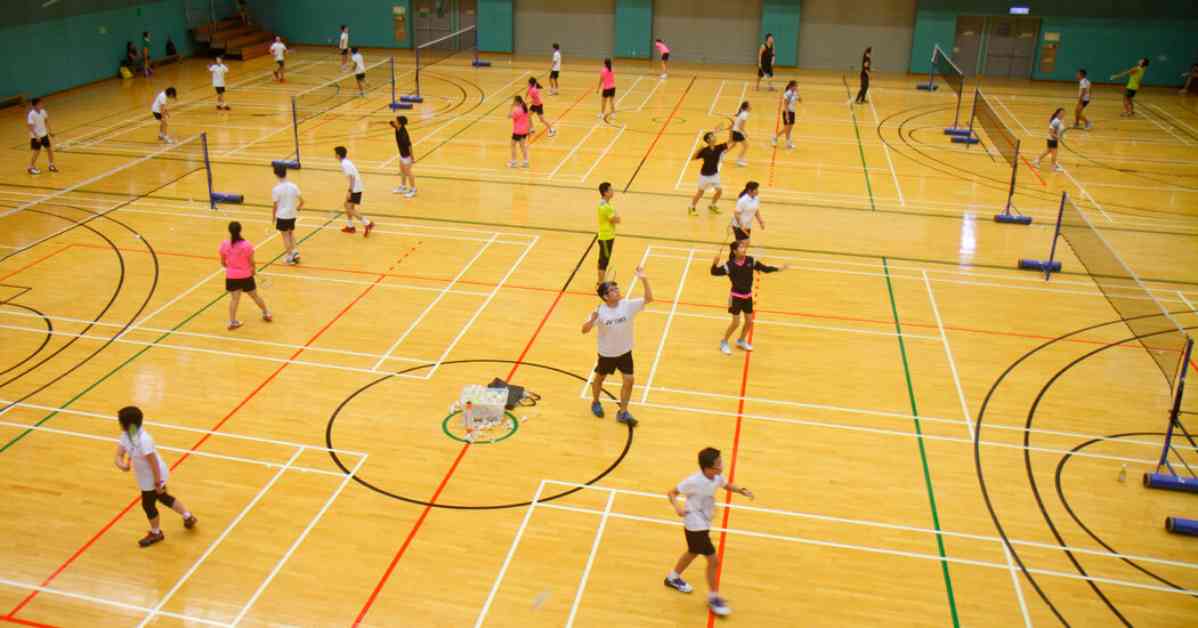Sex Education Controversy in Hong Kong
The debate over sex education in Hong Kong has once again come into the spotlight, with top officials defending new guidance that some critics have labeled as regressive. The controversy revolves around the authorities’ suggestion to combat sexual temptation with activities like playing badminton, leaving many teenagers amused and skeptical.
In a scenario outlined by the authorities, a 15-year-old girl and her boyfriend are studying alone together when she makes a move that could potentially lead to intimate behavior. The guidance advises the young man to either continue studying or find a diversion, such as playing badminton, to steer clear of premarital sex. While some may see this as a practical solution, others view it as outdated and ineffective.
Public Reaction and Criticism
Critics, including lawmakers and sex educators, have been quick to denounce the new sex education materials, arguing that they promote a narrow and conservative view of relationships and sexuality. The South China Morning Post even questioned whether badminton could truly serve as a panacea for hormonal impulses among schoolchildren.
Amidst the controversy, Hong Kong teenagers have taken to social media to express their thoughts on the matter. Some have ridiculed the officials behind the policy, accusing them of being out of touch with the realities of teenage life. The term “friends with badminton” has even emerged as a playful euphemism for “friends with benefits,” highlighting the disconnect between official recommendations and the lived experiences of young people.
Educational Approach and Guidance
The sex education materials, contained in a 70-page document released by the Education Bureau, include worksheets for adolescents and guidance for teachers on how to broach the topic of intimacy with students. The emphasis of the document is on discouraging early dating and sexual activities, urging young people to set boundaries within their relationships.
One of the more controversial aspects of the guidance is the suggestion that individuals in a “love relationship” should fill out a form detailing the limits of their intimacy. While this may seem like a well-intentioned effort to promote communication and consent, critics argue that it oversimplifies the complexities of human relationships and personal boundaries.
The Role of Sex Education in Hong Kong
The debate over sex education in Hong Kong is not new, with previous controversies arising over issues such as LGBT inclusion and comprehensive sexual health education. The current standoff between officials and critics reflects broader societal tensions around morality, culture, and the role of the state in shaping young people’s attitudes towards sex and relationships.
While some may view the emphasis on abstinence and diversionary activities like badminton as a form of moral education, others argue that it fails to equip young people with the knowledge and skills they need to navigate the complexities of modern relationships. In a rapidly changing world where information is readily accessible, traditional approaches to sex education may no longer be sufficient.
In conclusion, the controversy surrounding sex education in Hong Kong highlights the need for a more inclusive and comprehensive approach that takes into account the diverse experiences and perspectives of young people. By engaging in meaningful dialogue and listening to the voices of those directly affected, policymakers can ensure that sex education is relevant, informative, and empowering for all.

















